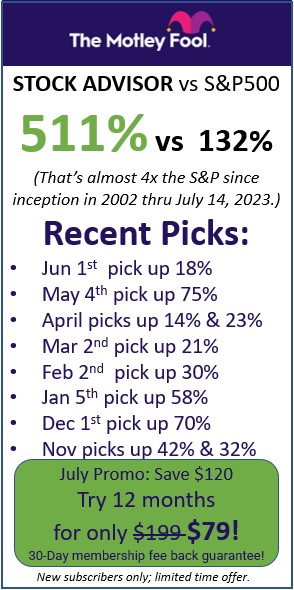Definition:
A limit order is an order to buy or sell a stock at a specific price or better. A buy limit order can only be executed at the limit price or lower, and a sell limit order can only be executed at the limit price or higher. It is not guaranteed to execute and can only be filled if the stock’s market price reaches the limit price. While they do not guarantee execution, they help ensure that an investor does not pay more than a predetermined price for a stock.
Limit Order Explanation:
Limit orders typically cost more than market orders. Despite this, they are beneficial because when the trade goes through, investors get the specified purchase or sell price. Limit orders are especially useful on a low-volume or highly volatile stock.
Make sure to look at Stop orders as well. They are just the opposite of Limit Orders.
You can also take a look at our comprehensive limit and stop order article including how to use them on HowTheMarketWorks.com
 Back Testing
Back Testing